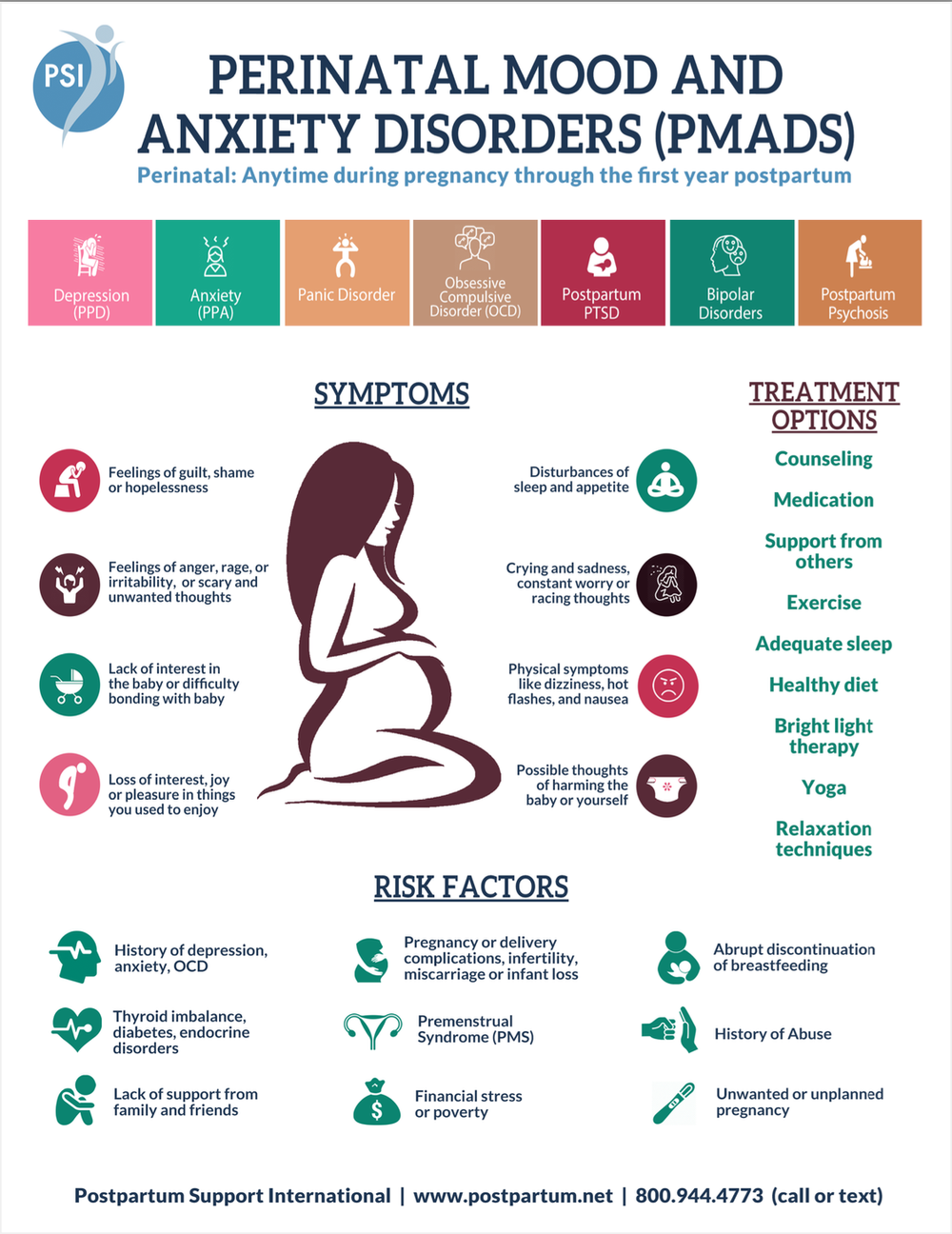Perinatal mental health, which focuses on the well-being of expectant and new parents, plays a crucial role in overall wellness. Research suggests that up to 20% of women experience perinatal mood and anxiety disorders (PMADs) either during pregnancy or within the first year after giving birth. These disorders encompass various conditions, such as postpartum depression, anxiety, and postpartum psychosis.
Recognizing the signs and symptoms of PMADs, including mood fluctuations, persistent worry, and challenges in bonding with the baby, is crucial for individuals and their support network. Engaging in counseling can have a profound positive impact on both the mother and the child.
It offers a safe environment for new parents to process their emotions, develop effective coping mechanisms, and receive evidence-based interventions to nurture their mental well-being during this vulnerable period. Early intervention and support are instrumental in promoting the overall welfare of mothers and their families.
Our clinicians who offer Perinatal Mental Health services
Amy is a Licensed Professional Counselor. She obtained her Masters in Mental Health Counseling from Asbury Theological Seminary in Wilmore, KY. A Boerne native, she is excited to be back serving those in her hometown and surrounding areas.
Throughout her internship, Amy worked with a variety of issues with college-age and young adult clients including anxiety, chronic illness, trauma and adjustment disorders. Amy’s experience also includes working at a substance abuse residential treatment facility with adolescent females suffering from substance use disorders and co-occurring mental health disorders providing individual therapy, family therapy, group therapy and crisis intervention.
Amy’s therapy approach includes using Cognitive Behavioral Therapy (CBT), Acceptance and Commitment Therapy (ACT), Mindfulness and Eye Movement Desensitization and Reprocessing (EMDR) as her main treatment modalities. Amy takes a trauma-informed approach to all clients while utilizing the wisdom each of the above modalities has to offer based on individual client needs.
She has a special interest in working with clients suffering from Post-Traumatic Stress Disorder (PTSD), survivors of sexual trauma, anxiety, life transitions and perinatal mental health.
Amy’s main goal in therapy is to provide hope to her clients. Specifically, hope that despite life’s continual difficult circumstances, joy, contentment and thriving can still be found. Amy feels honored to walk alongside people in the most difficult times of their life to be there to listen, provide evidence-based therapeutic interventions and unconditional support.




